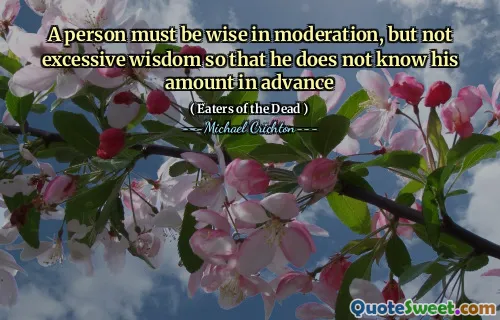
Then I reminded myself that all intelligent children suffer bad dreams.
This quote draws attention to the often overlooked struggles that accompany intelligence. It highlights that being gifted or highly intelligent does not exempt one from the universal experiences of fear, anxiety, or discomfort. In fact, it suggests that behind the veneer of brilliance may lie a vulnerability that manifests as bad dreams, symbolizing the internal conflicts and emotional turbulence that can accompany a sharp mind. The act of reminding oneself signifies self-awareness and a recognition of these hidden battles. It serves as a reminder that everyone, regardless of outward success or intellect, grapples with personal fears and subconscious fears.
From a psychological perspective, dreams often mirror our innermost concerns—fears, desires, regrets—and for highly intelligent children, this may include the anxiety of not living up to expectations, loneliness, or fear of inadequacy. The phrase also subtly underscores the resilience required to navigate such internal struggles—acknowledging them rather than denying their existence. Displaying empathy and understanding, the quote encourages us to be gentle and supportive towards those who may seem exceptional outwardly but face profound internal battles.
In literature and art, dreams symbolize the unconscious mind and serve as a pathway to understanding deeper truths about ourselves. For children, especially those labeled as 'intelligent,' their dreams might represent an internal world rich with complexity, pondering questions beyond their years or confronting fears that are hard to articulate.
Ultimately, the quote champions self-awareness and acceptance. It reminds us that suffering, in any form, is part of the human experience—and that recognizing it is a step toward compassion, growth, and resilience. It encourages a perspective that embraces vulnerability as part of the journey of intelligence and emotional richness.






